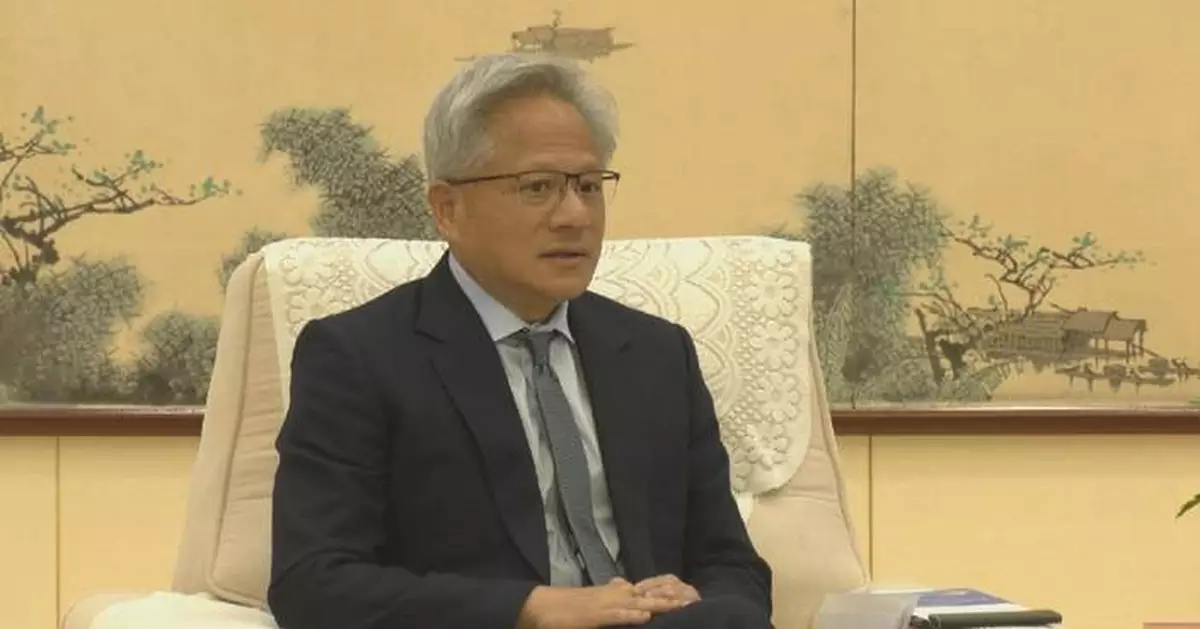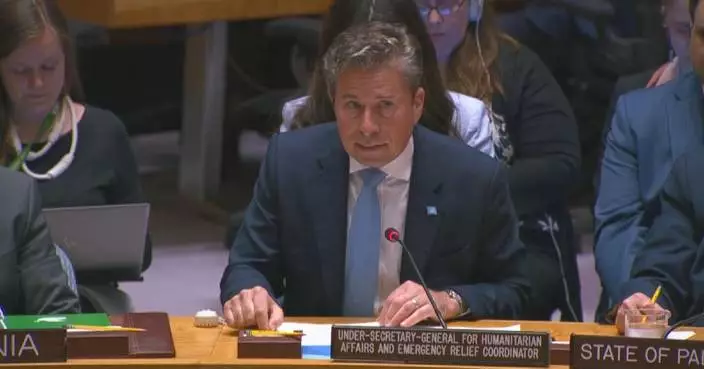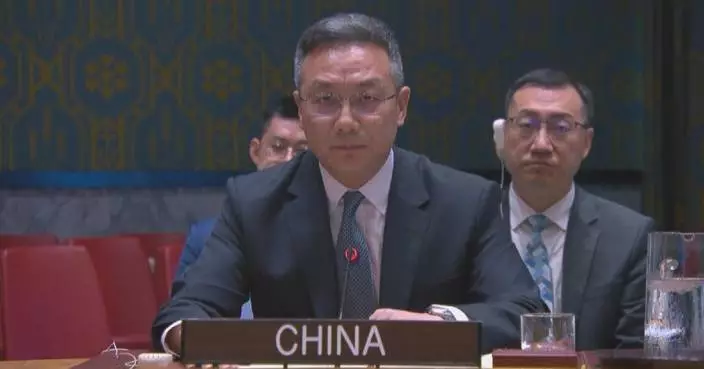Nvidia CEO and founder Jensen Huang pledged on Thursday to make significant efforts to serve the Chinese market, where the chipmaker has maintained a presence for the past 30 years.
Huang made the commitment during a meeting with Ren Hongbin, chairman of the China Council for the Promotion of International Trade (CCPIT), in Beijing. His vow comes at a time when the Trump administration has recently tightened chip export rules to China amid the global race for AI dominance.
Huang noted that the new export restrictions on AI chips to China have significantly impacted Nvidia's business, but stressed that the company remains committed to long-term operations in the country.
"The increased restriction has impacted our company significantly. We've grown up in China and China has watched us in the last 30 years. Of course, it's a very large market interactions and working and serving the Chinese companies. And so it's made us both better. And so we're going to continue to make significant effort to optimize our products that are compliant with the regulations and continue to serve the Chinese market," Huang said.
According to Nvidia, the company expects to take a 5.5 billion U.S. dollar hit from the new clampdown on exports of H20 processors to China.
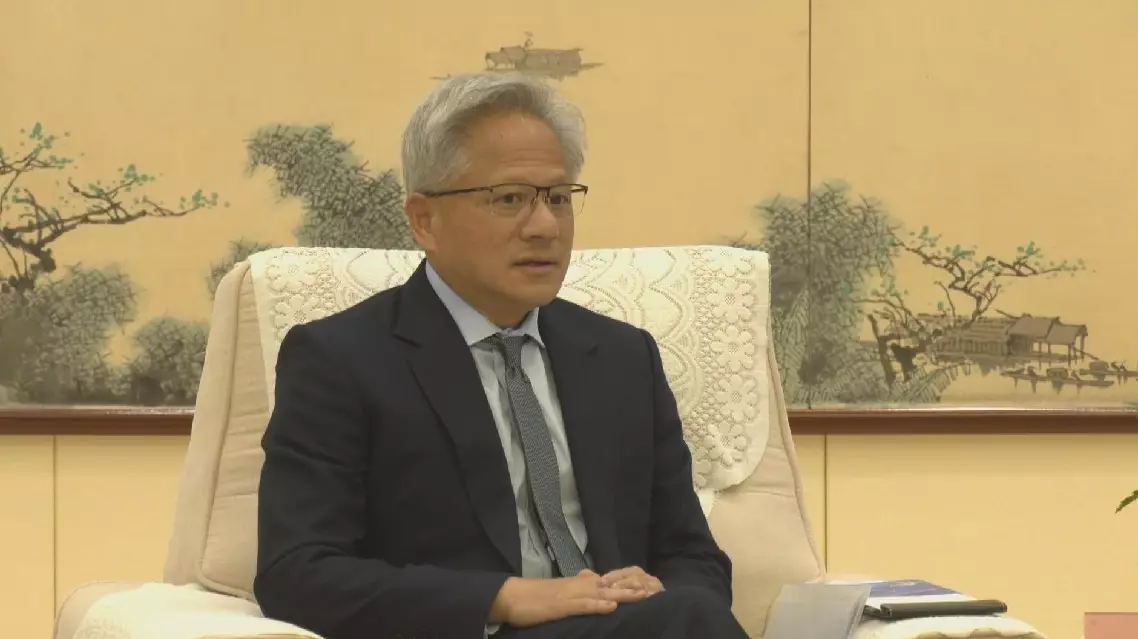
Nvidia CEO pledges to continue serving Chinese market
Chinese exporters have welcomed easing trade tensions between China and the United States, and are reconnecting with U.S. traders while remaining vigilant for potential shifts.
Following a two-day China-U.S. high-level meeting on economic and trade affairs in Geneva, the world's two largest economies announced in a joint statement on Monday a series of measures reducing additional tariffs imposed by both sides, which took effect on Wednesday.
Jiang Jiangping, vice president of the Yiwu China Commodity City Crafts Association, said shop owners at the world's largest small commodities market are pleased to see the new development though they hadn't really been affected by the tariffs that much.
"We are all very happy. I was chatting with the shop owner next door the other night, and they said American clients were scrambling to book flights. We are happy but it doesn't really affect us much, because our orders were already quite full. American clients usually come to place orders in early to mid-May, and then we finish production in July. So, it might be a little rushed this year, but we can still deliver on time," Jiang said.
"Starting yesterday, we have been getting notices from freight companies saying that with tariffs being significantly reduced, their shipping prices have also dropped. Now, more than 20 containers of our goods can be exported again," said Lin Wanyi, an exporter from Quanzhou City in east China's Fujian Province.
Li Erqiao, general manager of Soton Daily Necessities, said the new measures provide an important opportunity for Chinese exporters to restore ties with U.S. partners and to be better prepared for possible trade tensions in the future.
"The signals in the past couple of days have been very positive. Everyone is moving to get in touch with American clients again. A lot of cooperation had been suspended before. Now, the opportunity has come. We must make the best of this window, when both sides are showing signs of easing, to prevent our clients from slipping away," Li said.
"However, in the long run, we are still thinking about how to diversify our supply chain so that we're not passive in situations like this. We must prepare for the future. I believe we are clear-headed about this. We won't relax just because the American clients are coming. We'll stick to our original plans and continue with our follow-up strategies. I think this gives us a more relaxed timeline to make more comprehensive preparations," he added.
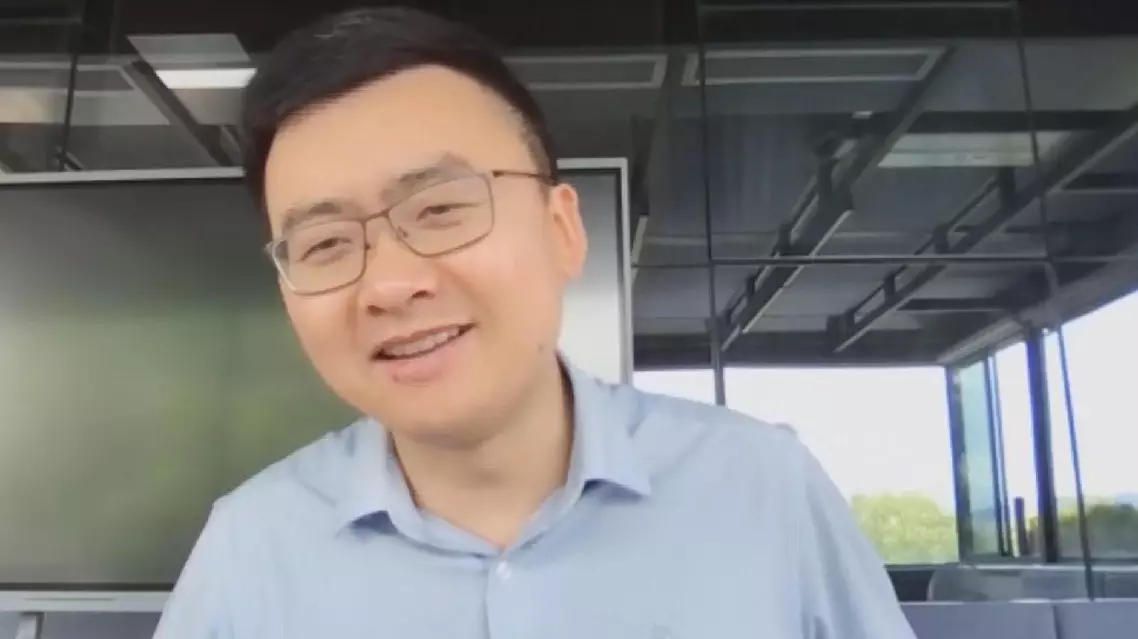
Chinese exporters hail tariff cuts with U.S.



